Theater of Life
Peter Svatek
2016
| 94 min
Prizes and awards
Tokyo Gohan AwardSan Sebastian Film Festival 2016
Official SelectionAtlantic Film Festival 2016
Official SelectionFNC – Panorama International 2016
Best Canadian FeaturePlanet in Focus 2016
Official SelectionDevour - Food Film Festival 2016
A National Film Board of Canada – Triplex Films International co-production
“The fundamental question is: What does the theme ‘to feed the planet’ mean?”
– Chef Massimo Bottura
“It’s a simple gesture that belongs to everybody: the responsibility to take care of people in dire straits.”
– Chef René Redzepi
“The real issue is, there are 1 billion people overeating and 1 billion people that don’t have access to food. So it’s a matter of balance—wherever you are in the world.”
– Chef Alain Ducasse
“When you have a limited choice of things to work with, then you can do great things.”
– Chef Andoni Luis Aduriz
Trailer
Massimo Message
Clip #1
Clip #2
Clip #3
Clip #4
Clip #5
Clip #6
Short Synopsis
In an extraordinary soup kitchen in Milan, two vastly different worlds have been brought together by a unique social experiment. Theater of Life captures the remarkable relationship forged between the finest haute cuisine chefs in the world and the city’s most disadvantaged groups: refugees, recovering drug addicts, former sex workers, and a host of others with no place else to go.
For Expo Milano 2015, renowned chef Massimo Bottura, whose Osteria Francescana was named world’s best restaurant in 2016, invited 60 of his international confrères to join him in transforming food destined for the dumpster into delicious and nutritious meals for Italy’s hungriest residents. But the documentary delves far deeper than this important food story: it captures the moving encounters of guests at the soup kitchen who have found a welcoming community there, showing us glimpses of their heart and soul in the process.
A visual feast in itself, Theater of Life puts a human face on its powerful message of social justice while raising awareness about the enormous environmental impact of food waste.
In an extraordinary soup kitchen in Milan, two vastly different worlds have been brought together by a unique social experiment. Theater of Life captures the remarkable relationship forged between the finest haute cuisine chefs in the world and the city’s most disadvantaged groups: refugees, recovering drug addicts, former sex workers, and a host of others with no place else to go.
Renowned chef Massimo Bottura, whose Osteria Francescana was named world’s best restaurant in 2016, asked 60 international chefs to join him in transforming food destined for the dumpster into delicious and nutritious meals for Italy’s hungriest residents. But Theater of Life goes far deeper than just detailing this important food story. It captures the moving encounters of guests at the soup kitchen who have found a welcoming community there, showing us glimpses of their heart and soul.
When Bottura was invited to create gourmet meals for the elite during the 2015 world’s fair, Expo Milano, he said no. He wanted to do something far more meaningful: to prove that the tons of food that go to waste every day could be put to good use instead, and that haute cuisine chefs aren’t just purveyors of elite fare for posh clientele. They care about the hungry and understand our collective responsibility to help others.
Among the top chefs lending Bottura a hand are Canadians Jeremy Charles of St. John’s, Newfoundland, John Winter Russell from Montreal, and John Higgins and Dario Tomaselli from Toronto, alongside international stars like Ferran Adrià, René Redzepi and Alain Ducasse. They’ve all become engaged in Bottura’s vision for sustainable cooking, relishing the experience of gathering around a table with their hungry guests to share a meal in the beautiful Refettorio Ambrosiano. Decorated by Italy’s finest artists and artisans, this 21st-century refectory is now a place in which to nourish the less fortunate in dignity and generosity, to feed the spirit as much as the stomach. As Bottura says, “This is not charity. It is culture.”
We get to know several of the Refettorio’s guests, including a homeless Italian couple squatting in a small train station near Milan; a young Nigerian refugee who escaped a prostitution ring; a Jordanian migrant battling to survive on the streets; a disabled Senegalese woman trying to begin a new life; and a recovered junkie attempting to keep others from falling into the same trap. We follow them in and away from the Refettorio, which has become an emotional meeting ground for the guests and chefs—a place where everyone’s story is heard and respected.
A visual feast in itself, Theater of Life puts a human face on its powerful message of social justice while raising awareness about the enormous environmental impact of food waste. Made in association with Phi Films, the film is produced by the NFB and Triplex Films, presented by the NFB and Seville International, and directed by Montreal filmmaker Peter Svatek.
In documenting life in and around the Refettorio, Svatek, producer Josette Gauthier of Triplex, NFB producer Annette Clarke and their crew have served up, as Bottura describes the experience, “a dish from the heart.”
Director's Statement
From the outset, what fascinated me was the meeting of two worlds that don’t seem to fit together at all: the world of haute cuisine—the best chefs in the world, with Massimo Bottura leading the way—and the world of the poor and hungry of Milan. That said, there is a movement among the very best chefs to make their cooking more relevant to real-world issues like poverty and food waste. Massimo says in the film that chefs can no longer cook just for the elite while ignoring ethical issues about how the rest of the planet is fed.
The Refettorio fed some of Milan’s many homeless, as well as refugees from Africa and the Middle East—part of Europe’s current migrant crisis. Most who ate at the Refettorio had never heard of any of the famous chefs. Would they care? Would it mean anything more than any free soup-kitchen meal?
But the philosophy of the Refettorio was different from that of most soup kitchens. There were no lineups. Food was served restaurant-style by volunteers. The place was beautiful, decorated by Italy’s finest artists and artisans. It became a homelike environment. The same guests returned every day. Relationships were formed. So the question arises: What is “home” for a homeless person or a political refugee?
These are the questions the film tackles.
I also wanted to go deeper to humanize the story. To get to know the people the Refettorio fed, as well as the chefs. To see the ethical questions through their eyes as much as the chefs’.
I love the title Theater of Life. The Refettorio was built in an abandoned theatre. Where actors once portrayed real life, real life took over. The film is, I hope, a moving, human, compassionate look at the Refettorio and what happened there.
Peter Svatek
Team
Peter Svatek
Director, Producer (Triplex Films)
Photo
Photo : Josette Gauthier
Josette Gauthier
Producer, Executive Producer (Triplex Films)
Photo
Photo : Alberto Bobbera
Annette Clarke
Executive Producer
Photo
Photo : Dave Howells
Promotional Materials
LEARN MORE
THE REFETTORIO AMBROSIANO PROJECT
For Expo Milano 2015, chef Massimo Bottura had the idea of opening a very special soup kitchen that would feed the poor and homeless of Milan with meals prepared using waste food from the Expo. Davide Rampello, the curator of the Expo’s main theme pavilion—Pavilion Zero—soon joined the project. Together they turned to the Vatican for help.
Cardinal Angelo Scola of Milan was immediately enthusiastic and asked Caritas Ambrosiana, the Church’s charitable arm in Milan, to run the soup kitchen. Wanting the Refettorio Ambrosiano to help a neglected area of Milan, a site was selected in Greco, a modest working neighbourhood. Don Giuliano, the parish priest of Greco, suggested an abandoned theatre next to his church. The Refettorio Ambrosiano was born.
theateroflifemovie.com/en/refettorio-ambrosiano
Massimo Bottura and his wife, Lara Gilmore, created the Food for Soul Foundation to open more refettorios around the world. The first is in Rio de Janeiro for the 2016 Summer Olympics.
foodforsoul.it
Massimo Bottura was born in 1962 in Modena, a small city in Emilia-Romagna, in the Po River Valley. In a country of the richest culinary tradition, Emilia is arguably its finest region—the home of Parmigiano-Reggiano, the best prosciutto and culatello, Lambrusco wine, and of course the best balsamic vinegar in the world.
Bottura grew up in a well-to-do family. His mother, Luisa, loved to cook for her daughter and four sons. Massimo was the youngest and from an early age was drawn to the kitchen. He began to cook in high school for his friends.
After high school he studied law, but ended up working for his father in the fuel business. Yet Massimo’s heart was elsewhere. One of his brothers told him about a cheap trattoria for sale just outside Modena. He scraped together the bit of money he needed and bought the place. The trattoria, called Campazzo, was a trucker hangout. Business was bad, but Massimo began experimenting. That drove the truckers away, but his friends came and the crowd got younger.
He absorbed a lot about local cooking from a woman he hired to help cook, Lidia Cristoni. Under her influence, Massimo cooked traditional Modena meals. He also learned French cooking from a chef who opened a restaurant nearby. With Campazzo gaining a reputation, Massimo opened a club in town for his friends, where he would cook in the evenings. It became the cool place in Modena.
The restless, ambitious Massimo decided it was time to grow again. In his early thirties, he went to New York and found work at an Italian restaurant while living the life in New York City. He met his wife to be, Lara Gilmore, at the restaurant.
Back in Modena, while Massimo was trying to close Campazzo in order to open a new restaurant, famed French chef Alain Ducasse arrived for lunch one day and was so impressed, he invited Massimo to work at the Hôtel de Paris in Monaco. Ducasse became his third mentor.
When he returned to Italy, Lara followed, and in 1994, in Modena, they began to look for his next restaurant together. On a small side street of old Modena, not far from where he grew up, the Osteria Francescana was born.
Francescana began to garner a reputation. In 1999, Ferran Adrià arrived for dinner one night. He was already the world’s foremost culinary innovator, with his renowned elBulli restaurant in Girona, Spain. Adrià became Massimo’s last mentor. Massimo spent the summer of 2000 at elBulli. There, he met another young chef working for Adrià, René Redzepi, the chef and founder of Copenhagen’s Noma restaurant and now also one of the world’s leading chefs. They became and have remained close friends.
Massimo credits Adrià with teaching him freedom. Freedom from the tyranny of French cooking that had dominated haute cuisine for a century. Freedom to look locally at his own terroir and its great tradition. But mainly, freedom to listen to his own voice.
CHEFS INVOLVED IN THIS PROJECT
Gaston Acurio
Astrid y Gastón, Lima, Peru
theateroflifemovie.com/en/characters#the-chefs/gaston-acurio
Ferran Adrià
elBullifoundation, Roses, Girona, Spain
theateroflifemovie.com/en/characters#the-chefs/ferran-adria
Andoni Luis Aduriz
Mugaritz, Errenteria, Spain
theateroflifemovie.com/en/characters#the-chefs/andoni-luis
Alex Atala
D.O.M., São Paolo, Brazil
theateroflifemovie.com/en/characters#the-chefs/alex-atala
Mario Batali
Babbo, Eataly NYC, New York City
theateroflifemovie.com/en/characters#the-chefs/mario-batali
Jeremy Charles
Raymonds, St. John’s, Newfoundland, Canada
theateroflifemovie.com/en/characters#the-chefs/jeremy-charles
Mauro Colagreco
Mirazur, Menton, France
theateroflifemovie.com/en/characters#the-chefs/mauro-colagreco
Alain Ducasse
Alain Ducasse au Plaza Athénée, Paris
theateroflifemovie.com/en/characters#the-chefs/alain-ducasse
Luca Fantin
Ristorante Luca Fantin, Tokyo
theateroflifemovie.com/en/characters#the-chefs/luca-fantin
David Hertz
Gastromotiva, São Paolo, Brazil
theateroflifemovie.com/en/characters#the-chefs/david-hertz
Daniel Humm
Eleven Madison Park, New York City
theateroflifemovie.com/en/characters#the-chefs/daniel-humm
Virgilio Martínez
Central Restaurante, Lima, Peru
theateroflifemovie.com/en/characters#the-chefs/virgilio-martinez
Yoshihiro Narisawa
Narisawa, Tokyo
theateroflifemovie.com/en/characters#the-chefs/yoshihiro-narisawa
René Redzepi
Noma, Copenhagen
theateroflifemovie.com/en/characters#the-chefs/rene-redzepi
Joan Roca
El Celler de Can Roca, Girona, Spain
theateroflifemovie.com/en/characters#the-chefs/joan-roca
Ana Ros
Hisa Franko, Kobarid, Slovenia
theateroflifemovie.com/en/characters#the-chefs/ana-ros
John Winter Russell
Candide Restaurant, Montreal, Canada
theateroflifemovie.com/en/characters#the-chefs/john-winter-russell
Website: restaurantcandide.com
The Santini Family
Del Pescatore, Mantova, Italy
theateroflifemovie.com/en/characters#the-chefs/the-santini-family
Viviana Varese
Ristorante Alice, Milan
theateroflifemovie.com/en/characters#the-chefs/viviana-varese
PATRICK WATSON AND THE BARR BROTHERS – Performing “Like a Rolling Stone”
Patrick Watson (born 1979) is a Canadian singer-songwriter from Montreal, Quebec. Patrick Watson is also the name of the eponymous band formed by Watson, whose blend of cabaret pop and classical music influences with indie rock has been compared to the work of Rufus Wainwright, Andrew Bird, Nick Drake, Jeff Buckley and Pink Floyd for its experimental musicianship. Patrick Watson’s album Close to Paradise was awarded the Polaris Music Prize in 2007.
The Barr Brothers is a folk quartet founded in Montreal, Quebec, consisting of Andrew and Brad Barr (of The Slip), Sarah Page and Andres Vial.
Andrew and Brad Barr began their music careers in Boston, Massachusetts, as part of the improv-based trio The Slip. At the conclusion of a show in Montreal in 2003 at Le Swimming, a fire broke out in the sound booth, setting off alarms the moment the encore ended, causing the whole bar to be evacuated. When everyone was forced out onto the street, Andrew met a native Montrealer after offering her his coat. That chance encounter led to a relationship that created a bond between the brothers and the city.
One year later, Andrew and Brad Barr relocated to Montreal and became neighbours with harpist Sarah Page. Along with Andres Vial, they formed the Barr Brothers. Their debut, self-titled LP was released on September 27, 2011, via Secret City Records. In anticipation of the album release, lead single “Beggar in the Morning” debuted on Paste Magazine. The band was invited to play the Osheaga Festival 2011 and toured North America throughout the fall promoting their debut record.
Images
Loading...
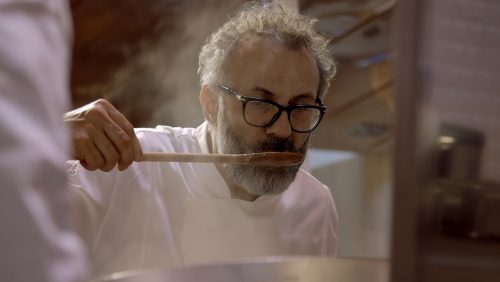
Download
Loading...
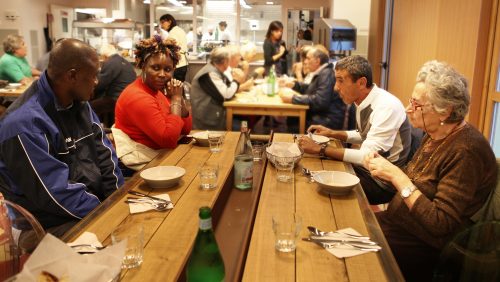 Photo: Elie Yonova
Photo: Elie Yonova
Download
Loading...

Download
Loading...
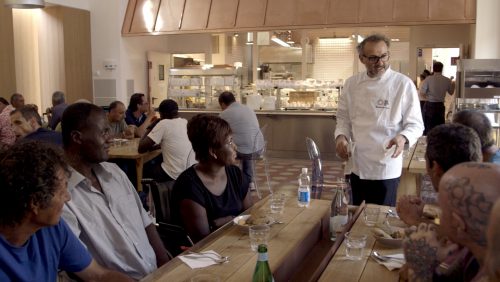
Download
Loading...
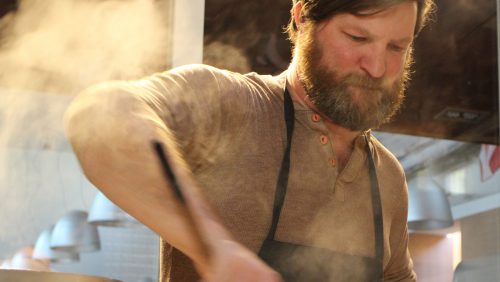 Photo: Elie Yonova
Photo: Elie Yonova
Download
Loading...
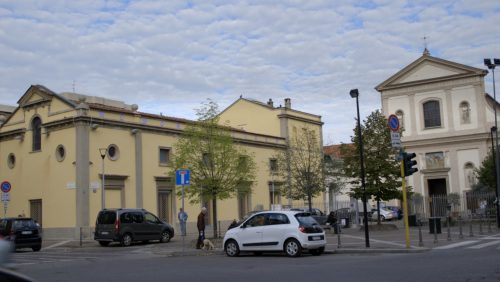
Download
Loading...
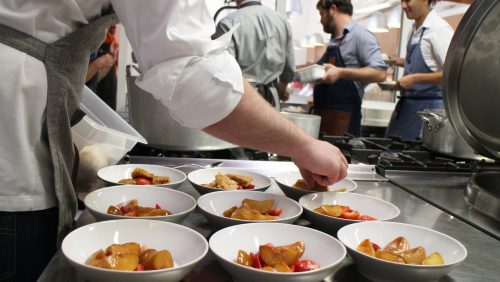
Download
Loading...
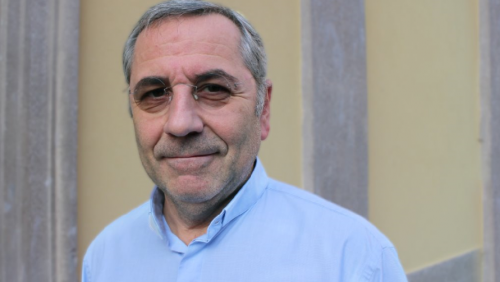 Photo: Elie Yonova
Photo: Elie Yonova
Download
Loading...
 Photo: Elie Yonova
Photo: Elie Yonova
Download
Loading...
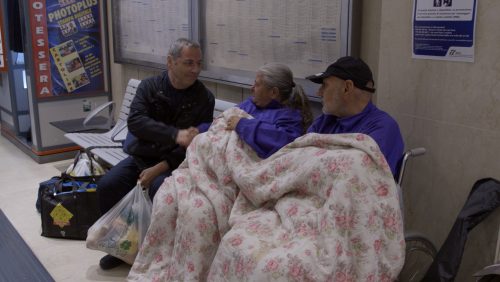
Download
Loading...
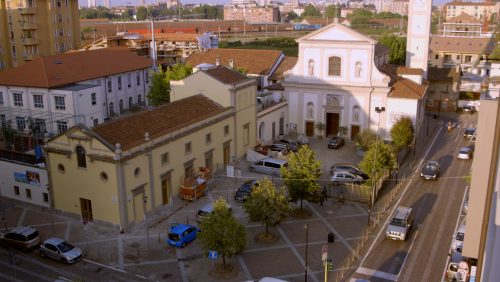
Download
Loading...
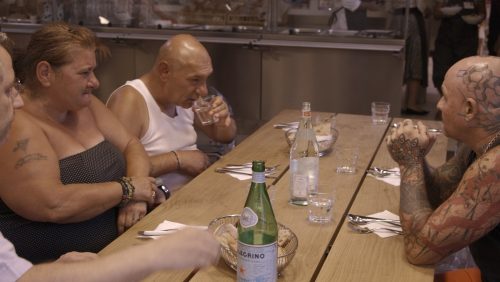
Download
Loading...
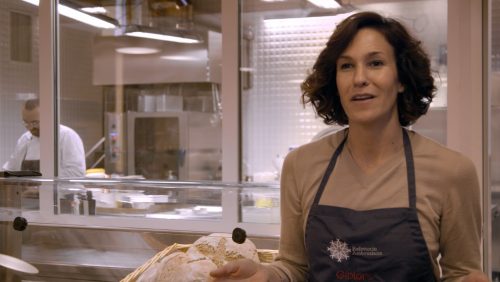
Download
Loading...
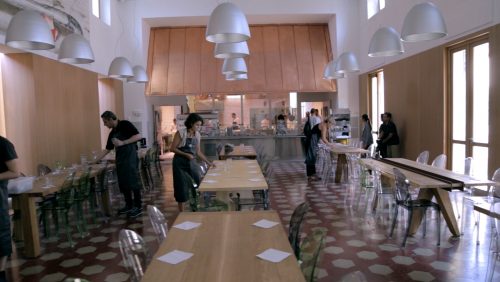
Download
Loading...
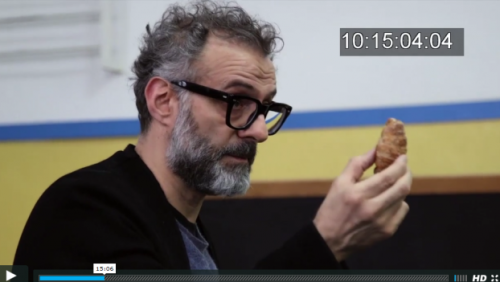
Download
Loading...
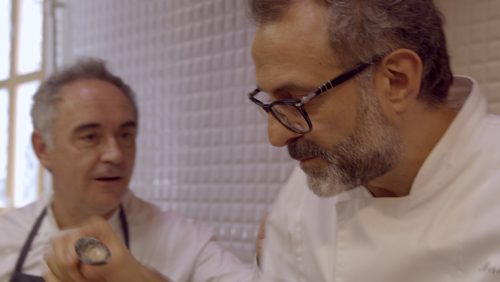
Download
Loading...
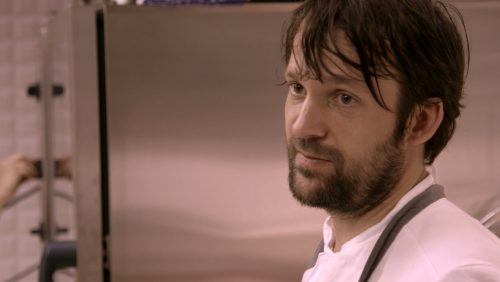
Download
Loading...
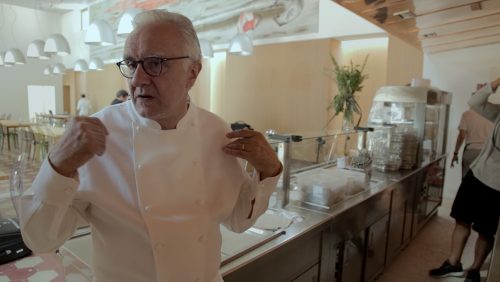
Download
Loading...

Download
Loading...
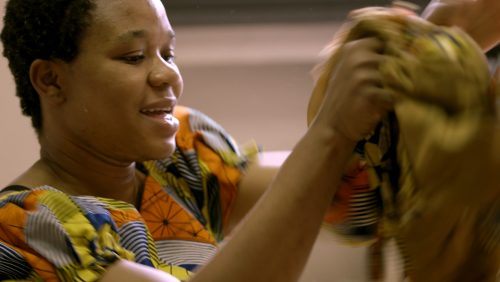
Download
Loading...
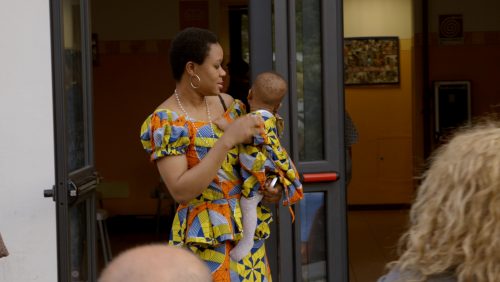
Download
Loading...
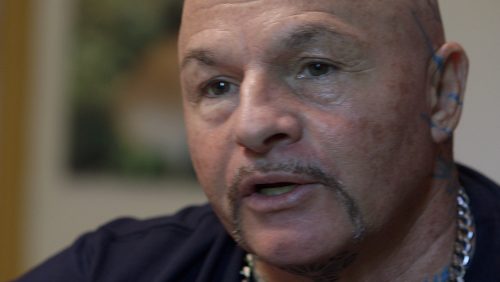
Download
Loading...
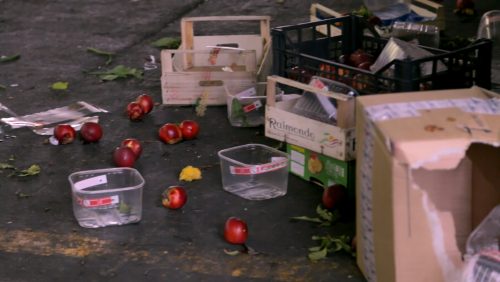
Download
Loading...
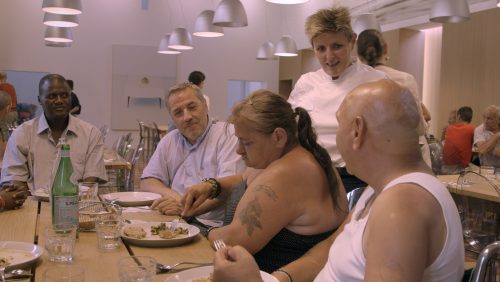
Download
Loading...
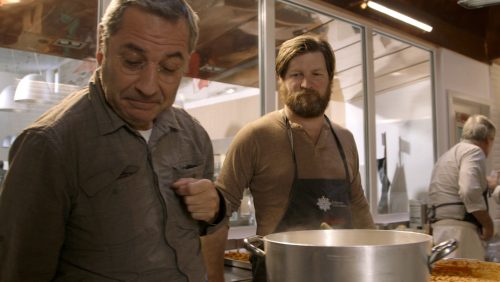
Download
Loading...
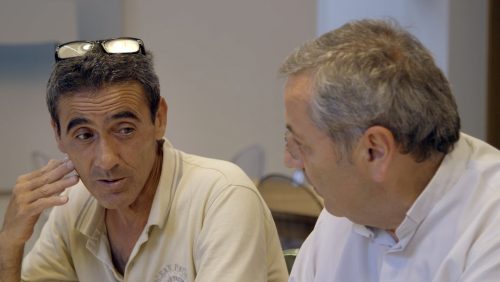
Download
Loading...
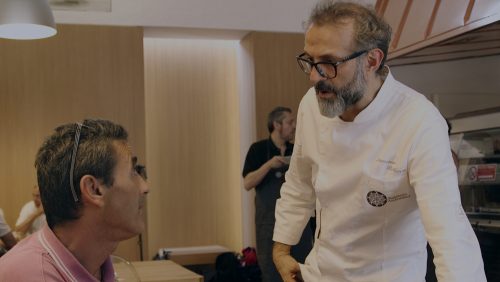
Download
Loading...
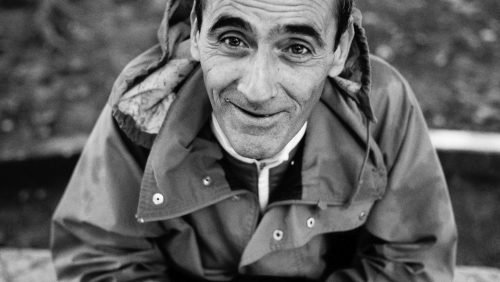 Photo: Alberto Bobbera
Photo: Alberto Bobbera
Download
Loading...
 Photo: Alberto Bobbera
Photo: Alberto Bobbera
Download
Loading...
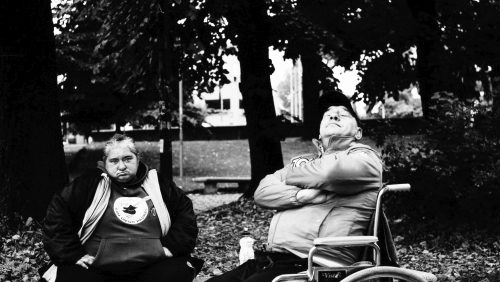 Photo: Alberto Bobbera
Photo: Alberto Bobbera
Download
Loading...
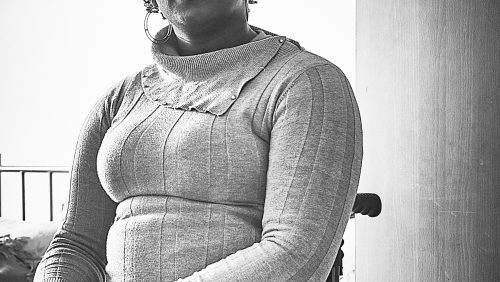 Photo: Alberto Bobbera
Photo: Alberto Bobbera
Download
Loading...
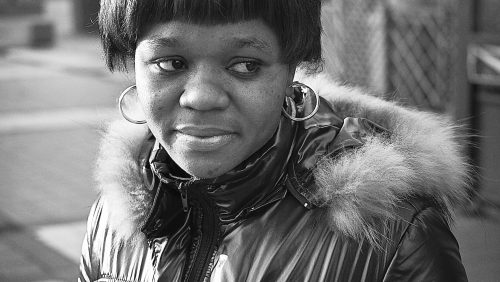 Photo: Alberto Bobbera
Photo: Alberto Bobbera
Download
Credits
THEATER OF LIFE
Written and Directed by
Peter Svatek
Edited by
Elric Robichon
Director of Photography
Nicolas Venne
Camera
Giancarlo Migliore
Nicola Baraglia
Photographed by
Giancarlo Migliore
Nicolas Venne
Nicola Baraglia
Produced by
Josette Gauthier
Annette Clarke
Peter Svatek
Featuring
Massimo Bottura
and
(in alphabetical order)
Gastón Acurio
Ferran Adrià
Andoni Luis Aduriz
Alex Atala
Mario Batali
Jeremy Charles
Mauro Colagreco
Alain Ducasse
Luca Fantin
David Hertz
Daniel Humm
Virgilio Martínez
Yoshihiro Narasawa
René Redzepi
Ana Ros
John Winter Russell
The Santini Family
Viviana Varese
Christiana Acha
Stefania Bassania
Fatou Dieng
Fawaz Naser
Giorgio Papetti
Marco Rossi
Salvatore Salici
Eligio Sbarufatti
Emanuele Colombo
Lidia Cristoni
Fabrizia Ferrari
Lara Gilmore
Davide Rampello
Cristina Reni
Don Giuliano Savina
Original Music
Antoine Binette Mercier
“Like a Rolling Stone”
Performed by
Patrick Watson
and
The Barr Brothers
Sound Design and Sound Editing
Mélanie Gauthier
Research and Fixer
Elena Dal Pra
Additional Photography
Matteo Urbinati
Carlotta Marrucci
Marco Caddeo
Sound Recording
Nicola Baraglia
Marco Caddeo
Riccardo Baldoni
Riccardo Napoli
Assistant Director
Giuseppe Carrieri
Production Coordinator
Carlotta Marrucci
Production Assistants
Riccardo Napoli
Barbara Vivino
Still Photography
Alberto Bobbera
Ellie Yonova
Music and Graphics Consultant
Kris Manchester
Translation
Italian – Silvia Accardi, Elena dal Pra, Marija Zivkovic
Spanish, Portuguese, Catalan – Nicolas Gulino
French – Josette Gauthier, Elric Robichon
Japanese – Setsumi Katagiri
Transcription
Daniel Svatek
Marija Zivkovic
LIAISONS
Refettorio Ambrosiano
Cristina Reni
Fabrizia Ferrari
Caritas
Luciano Gualzetti
Marzia Molteni
Osteria Francescana
Lara Gilmore
Enrico Vignoli
Davide Rampello
Tania di Bernardi
Song Credits
“Like a Rolling Stone”
(Italian cover)
Written by
Bob Dylan
Performed by
Misstress Barbara
Used with permission by
Special Rider Music
“Like a Rolling Stone”
(Italian cover)
Written by
Bob Dylan
Performed by
Marco Rossi
Used with permission by
Special Rider Music
“Like a Rolling Stone”
Written by
Bob Dylan
Performed by
Patrick Watson
and
The Barr Brothers
Used with permission by
Special Rider Music
Musicians
String Quartet – Mommies on the Run
Mélanie Bélair, violin
Mélanie Vaugeois, violin
Ligia Paquin, viola
Annie Gadbois, cello
Claude Lamothe, additional cello
Antoine Binette Mercier, steel drums and percussion
Robbie Kuster, drums and percussion
Patrick Watson, piano/vocals
Brad Barr, guitar/vocals
Andrew Barr, percussion
Music Score Mix
Peter Van Uytfranck
Post-Production Supervisor
Jean-François Laprise
Post-Production Assistant
Mylène Augustin
Post-Production Services
Simon Webb
Assistant Editor
Éric Marapin
Head, NFB Coordination and Project Support
Pierre Ferlatte
Digital Editing Technician
Isabelle Painchaud
Foley Artist
Lise Wedlock
Foley Recording
Geoffrey Mitchell
Title Design
Simon Chénier-Gauvreau
Lian Benoit
End Credits Photographs
Alberto Bobbera
Graphics
Simon Chenier-Gauvreau
Lian Benoit
Mélanie Bouchard
Online Editor and Colourist
Yannick Carrier
Re-recording
Serge Boivin
Senior Production Coordinator
Kelly Davis
Production Supervisor
Mary Armstrong
Studio Administrator
Leslie Anne Poyntz
Legal Counsel
Dominique Aubry
Bruno Ménard
Production Accountant
John Chretien
Fiscal and Auditing Services
Hecht, Heft, Lamoureux
Insurance
Globalex
Interim Financing
Banque Nationale du Canada
Executive Producers for Phi Films
Phoebe Greenberg
Penny Mancuso
Associate Producer for Phi Films
Emmanuelle Héroux
Executive Producers
Josette Gauthier
Annette Clarke
Produced with the Participation of
Rogers Documentary Fund
Produced in Association with

A National Film Board of Canada – Triplex Films International co-production


Media Relations
-
About the NFB
For more than 80 years, the National Film Board of Canada (NFB) has produced, distributed and preserved those stories, which now form a vast audiovisual collection—an important part of our cultural heritage that represents all Canadians.
To tell these stories, the NFB works with filmmakers of all ages and backgrounds, from across the country. It harnesses their creativity to produce relevant and groundbreaking content for curious, engaged and diverse audiences. The NFB also collaborates with industry experts to foster innovation in every aspect of storytelling, from formats to distribution models.
Every year, another 50 or so powerful new animated and documentary films are added to the NFB’s extensive collection of more than 14,000 titles, half of which are available to watch for free on nfb.ca.
Through its mandate, its stature and its productions, the NFB contributes to Canada’s cultural identity and is helping to build the Canada of tomorrow.
-
About Triplex Films
Triplex Films is a documentary production house based in Montreal. Founded by producer Josette Gauthier and award-winning writer/director Peter Svatek, it specializes in powerful documentary films about people and important social issues. “We make very few films, because we only make films we’re passionate about, and they take a long time,” says Gauthier. Recent Triplex films include Stolen Babies, Stolen Lives; Targets: Reporters in Iraq; and Takedown: The DNA of GSP.